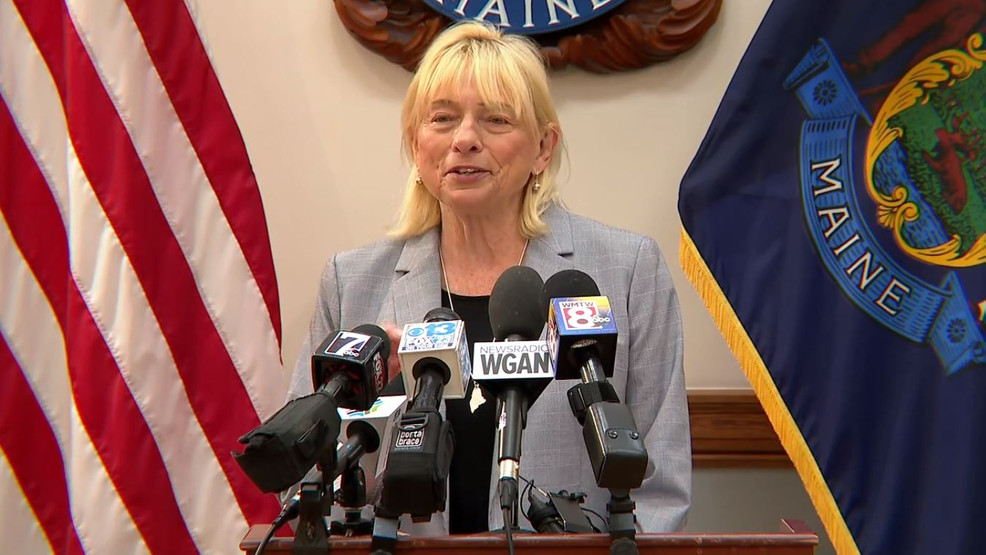Maine Governor Janet Mills wants to establish a Maine Department of Energy to more comprehensively deal with issues of the power grid and prioritize affordable and reliable energy.
Mills is proposing to elevate the Governor’s Energy Office to a cabinet-level Department of Energy Resources as part of her upcoming biennial budget proposal.
In statement, Mills said the change would allow for a more integrated, comprehensive, and consistent approach to the planning and management of Maine’s energy system.
The statement noted Maine is one of only a handful of states in the U.S. that have an energy office located within the Governor’s office and is the only one in the northeast. More than 40 states have energy offices at the cabinet-level.
Mills points out the Maine Legislature has expanded the Energy Office responsibilities, and the office has received $200 million in federal funding to support grid resilience and innovation, energy efficiency, and workforce development. Mills says elevating the Energy Office to a cabinet-level position would put the office on equal footing to handle the added responsibilities.
“Energy plays an essential role in our daily lives and significantly impacts our economy, but it is not represented as a cabinet-level office here in Maine like it is in nearly every other state,” said Mills. “Maine faces many energy-related challenges, including high costs, price volatility, aging and inefficient infrastructure, increasingly severe weather, and an over-reliance on expensive, imported fossil fuels. By transitioning the Energy Office to a Department, we can strengthen our ability to bring down the cost of energy, ensure that our energy infrastructure is strong and reliable for all Maine people, and have a greater say in our energy future.”
Previously in 2017, House Republicans offered a bill to remove the Energy Office from the Governor’s Office and establish an energy seat in the Cabinet.
Mills said the move to establish a Maine Department of Energy would be budget neutral, not requiring additional state funding.






